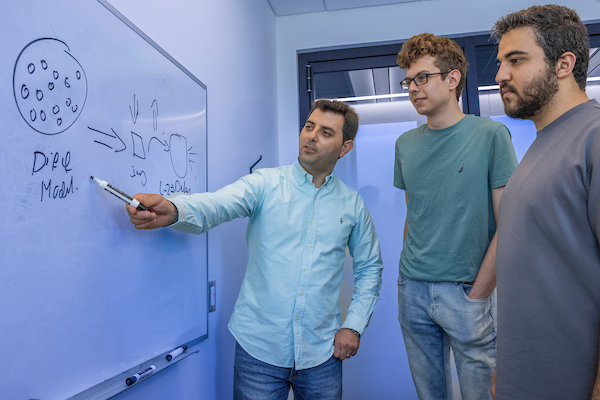
Artificial Intelligence and High Performance Computing
The Artificial Intelligence and High Performance Computing research cluster at Miami University’s College of Engineering and Computing (CEC) explores how intelligent systems and advanced computation can be leveraged to solve real-world problems—ranging from cybersecurity to accessibility to autonomous reasoning.
Honglu Jiang, Ph.D.
Honglu Jiang, Ph.D. is the founding director of the Secure & Private Intelligent Systems (SPIS) Laboratory at Miami University. This lab’s research focuses on data and model privacy, as well as the security and robustness of machine learning, deep learning, and large language models (LLMs). This lab's research has been supported by the National Institute of Standards and Technology (NIST).
Now accepting applications from Ph.D. and Master students!
Learn moreLiran Ma, D.Sc.
Liran Ma researches security of information and intelligent systems (such as wireless networks, IoT, and cloud computing), smartphone based applications (such as smart health and care), and effective education of cybersecurity and AI to computer science and STEM majors. His research has been supported by the National Science Foundation (NSF).
Learn moreMore faculty research projects
Faculty in this cluster are developing AI and computing solutions to address modern-day challenges in education, healthcare, national security, and beyond. Select a faculty researcher below to learn more about their work and recent publications.
Michael Zmuda, Ph.D
Ensemble Creation Using Fuzzy Similarity Measures and Feature Subset Evaluators

Daniela Inclezan, Ph.D.
Plan Selection for Policy-Aware Autonomous Agents
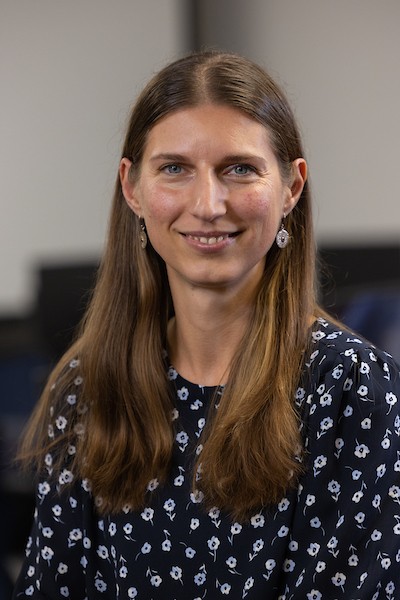
Xianglong Feng, Ph.D.
Security and Privacy in Machine Learning Applications

Chi-Hao Cheng, Ph.D.
Machine Learning Aided Electronic Warfare System
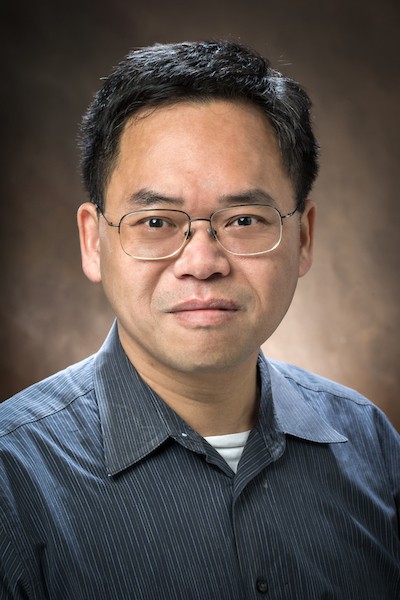
John Femiani
Computer Vision and Computer Graphics

DJ Rao, Ph.D.
Parallel and Distributed Heterogeneous Computing
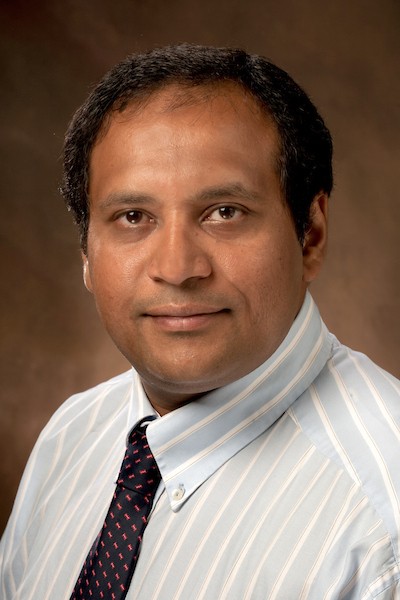
Vaskar Raychoudhury, Ph.D.
Distributed, Mobile, and Pervasive Computing

Active projects
Eureka Labs is a collection of inquiry-based hands-on lab activities that guide learners through a variety of authentic scenarios, each of which highlights key cybersecurity concepts and principles. The goal is to provide learners and educators with free, easy-to-use, and high quality security education materials. The development of these labs is supported in part by the National Science Foundation of the US.
Eureka Labs is led by Principal Investigator Liran Ma, Professor and Chair of Computer Science and Software Engineering at Miami University, in collaboration with a team of researchers across universities.
The Emerging Multimedia Lab is focused on improving both security and accessibility in multimedia technologies. The lab is currently working on improving the security of ML algorithms and protecting user privacy in ML applications by designing new protection frameworks. The lab is exploring the use of AR to help people with hearing loss by detecting and converting acoustic signals into corresponding visual signals using AR devices.
This lab is equipped with several NI-USRP which can be programmed to receive different types of signals over the air for investigation. The major focus of this lab is to apply machine learning to classify communication/radar signals, model communication system/radar behaviors, and detect anomaly radar/communication system behaviors. Our research can be applied in numerous areas such as RF environment surveillance, cognitive radio, intrusion detection, etc.
The Laboratory for Smart Wireless Communication Networks lab has an AI workstation for fast deep learning and reinforcement learning and a group of DJI MAVIC Air 2 and Tello quadcopters that are programmable with dedicated remote controllers and software development toolkits.
MyPath is an AI-powered accessible navigation system that provides personalized, barrier-aware routes for wheelchair users using geospatial data fusion and language models.
MyPath is led by Principal Investigator Vaskar Raychoudhury, Associate Professor of Computer Science and Software Engineering at Miami University, in collaboration with a team of researchers across universities.
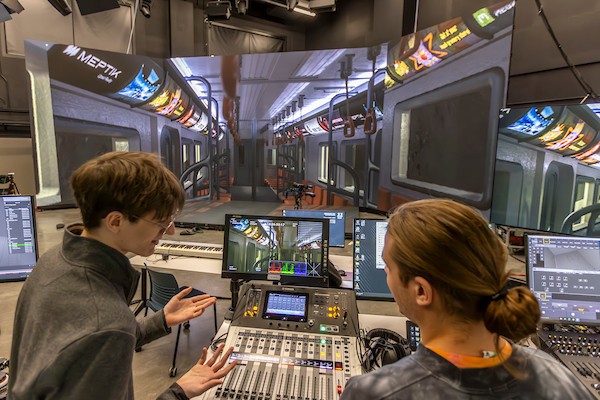
If your company is interested in benefiting from research opportunities and faculty expertise at the College of Engineering and Computing, please contact:
Jenni Szolwinski
Director of Industry Relations
Miami University
513-529-0702
You can also learn more about partnership opportunities by following the button below.
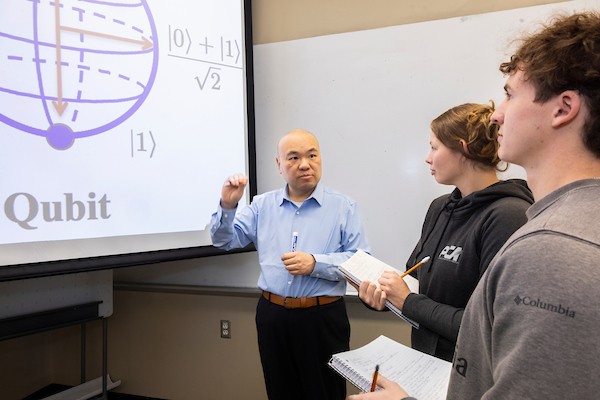
Below, you’ll find contact information for the faculty members involved in this research cluster. Feel free to reach out if you’d like to get involved as a student researcher!